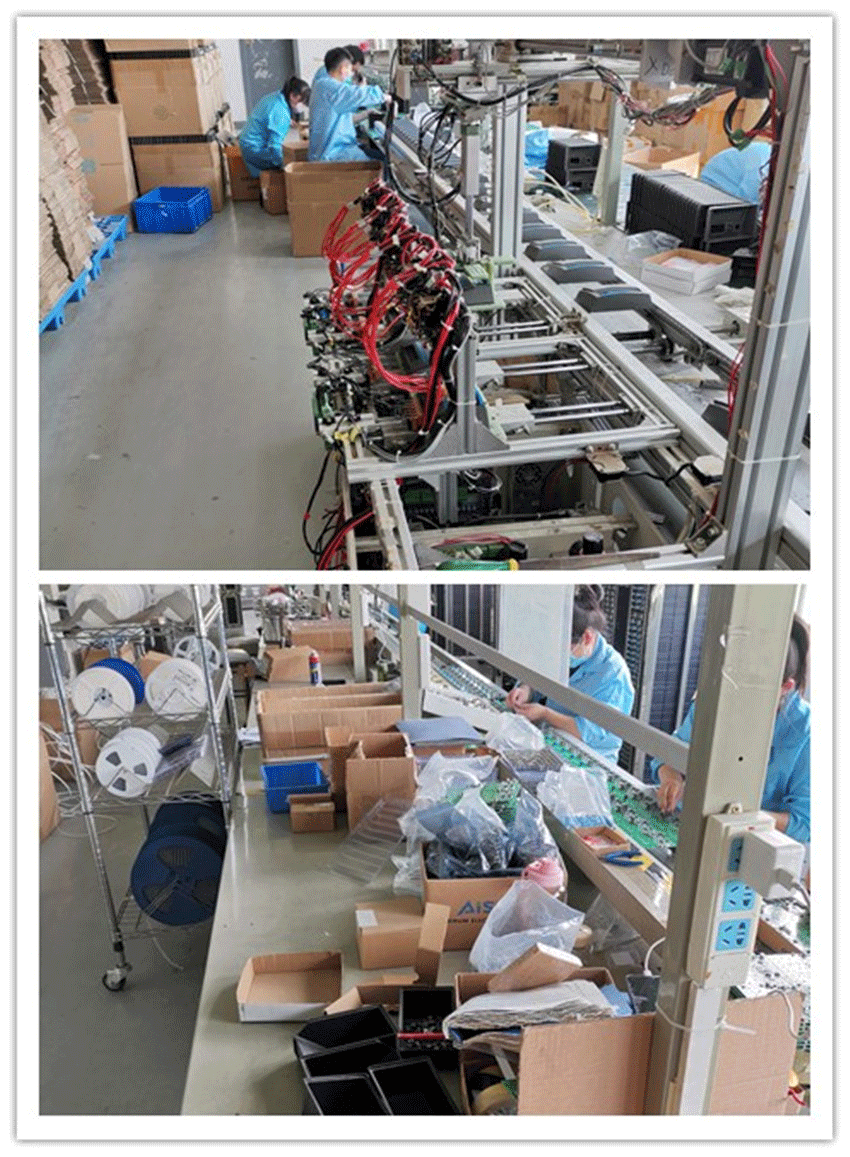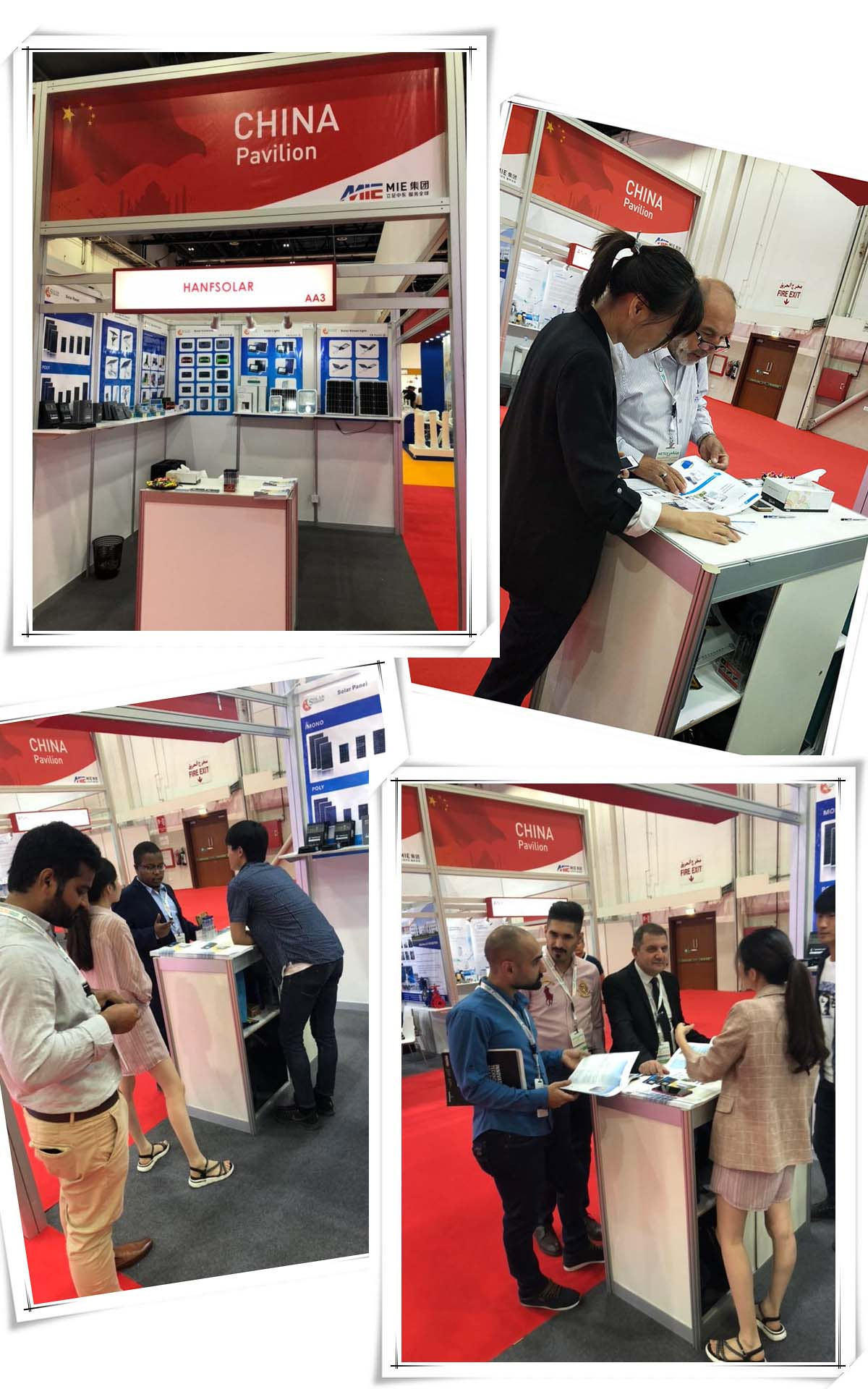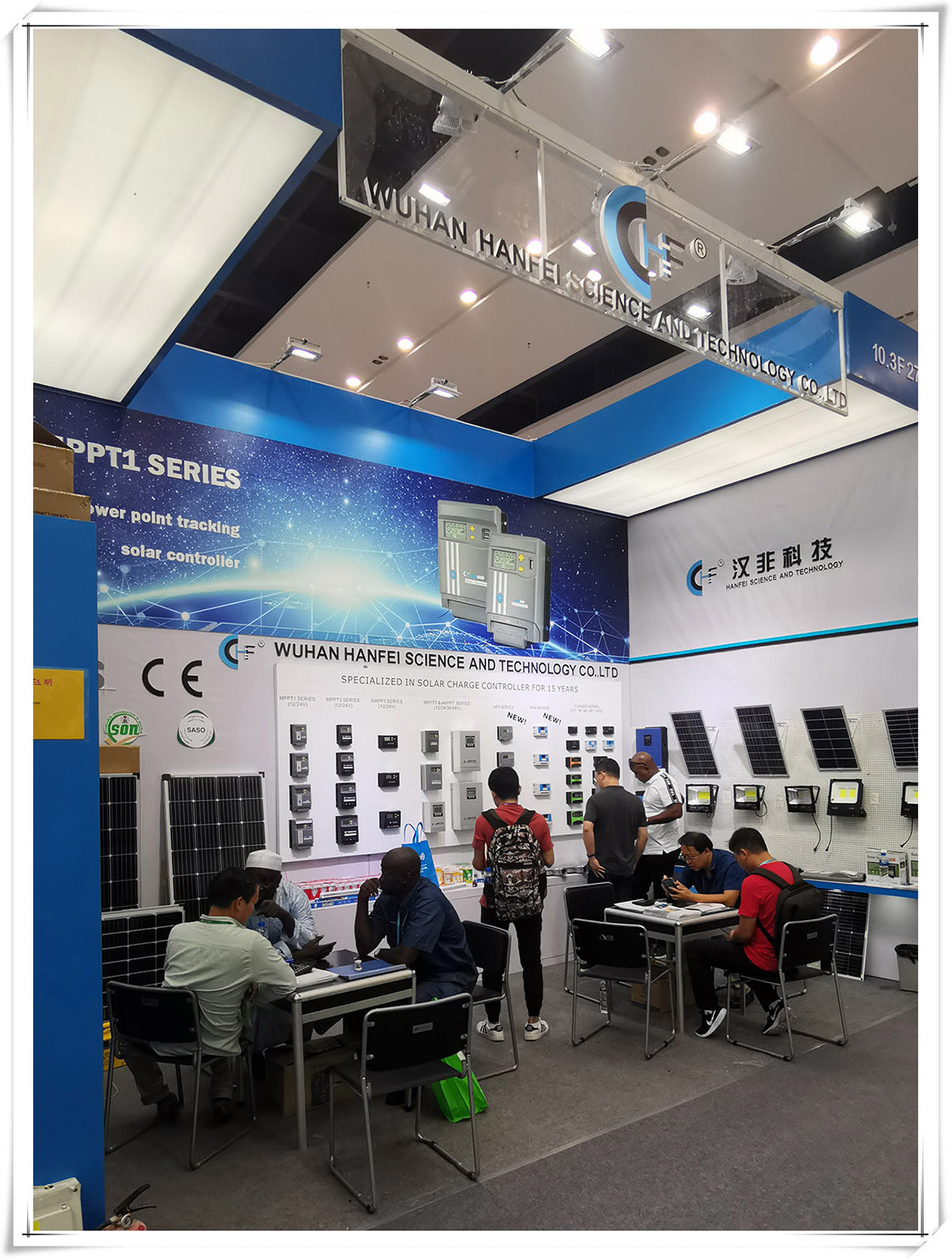News and Information

Understanding the Role of a Solar Panel Controller in Your Solar Energy System
Release date:
2024-10-17 10:40
Source:
Understanding the Role of a Solar Panel Controller in Your Solar Energy System
Table of Contents
- 1. Introduction to Solar Panel Controllers
- 2. What is a Solar Panel Controller?
- 3. The Importance of Solar Panel Controllers in Your System
- 4. Types of Solar Panel Controllers
- 5. How Solar Panel Controllers Work
- 6. Benefits of Using a Solar Panel Controller
- 7. Troubleshooting Common Issues with Solar Panel Controllers
- 8. Frequently Asked Questions
- 9. Conclusion
1. Introduction to Solar Panel Controllers
In recent years, the adoption of solar energy has surged, driven by a global push for sustainable energy solutions. As more homeowners and businesses invest in solar panels, understanding the components of their solar energy systems becomes vital. One such crucial component is the **solar panel controller**. This article explores the role of solar panel controllers, their types, functions, benefits, and troubleshooting tips, providing a comprehensive guide to help you optimize your solar energy system.
2. What is a Solar Panel Controller?
A **solar panel controller**, also known as a solar charge controller, is an electronic device used to regulate the voltage and current coming from solar panels to batteries. Its primary function is to ensure that batteries are charged efficiently while preventing overcharging and discharging, which can lead to battery damage. Essentially, the controller acts as a traffic cop for your solar energy system, directing the energy flow and maintaining optimal performance.
3. The Importance of Solar Panel Controllers in Your System
The importance of solar panel controllers in solar energy systems cannot be overstated. They not only protect your batteries but also enhance the overall efficiency of the system. By ensuring proper charging and discharging cycles, these controllers extend battery life, ultimately saving you money on replacements and maintenance. Furthermore, they enable you to harness more energy from your solar panels, maximizing the return on your investment in renewable energy.
4. Types of Solar Panel Controllers
Solar panel controllers come in various types, each designed to cater to different energy needs and system configurations. The two main types are:
4.1 MPPT Controllers
**Maximum Power Point Tracking (MPPT)** controllers are advanced devices that optimize the energy harvest from solar panels. They adjust the electrical operating point of the modules, allowing the system to extract maximum power, especially in varying sunlight conditions. MPPT controllers are ideal for larger systems and can boost energy efficiency by 20-30% compared to traditional PWM controllers.
4.2 PWM Controllers
**Pulse Width Modulation (PWM)** controllers are more straightforward and cost-effective than MPPT controllers. They regulate the voltage and current from the solar panels to ensure optimal charging of the batteries. While they are less efficient than MPPT controllers, PWM controllers are suitable for smaller systems where budget constraints are a primary concern.
5. How Solar Panel Controllers Work
Solar panel controllers operate by managing the flow of electricity between the solar panels and the batteries. When sunlight hits the solar panels, they generate direct current (DC) electricity. This electricity is then directed to the solar charge controller.
**Charging Phase**: In the initial charging phase, the controller allows the batteries to receive power from the solar panels, gradually increasing the voltage until it reaches the battery's absorption voltage.
**Absorption Phase**: Once the absorption voltage is reached, the controller maintains this voltage while monitoring the current flowing to the batteries.
**Float Phase**: After the batteries are fully charged, the controller switches to the float phase, where it reduces the voltage to prevent overcharging, allowing the batteries to maintain a full charge without damage.
6. Benefits of Using a Solar Panel Controller
Investing in a solar panel controller offers several benefits for your solar energy system:
- **Enhanced Battery Lifespan**: By preventing overcharging and deep discharging, solar panel controllers significantly extend the lifespan of your batteries.
- **Improved Energy Efficiency**: Controllers like MPPT maximize the energy harvested from solar panels, ensuring you get the most out of your investment.
- **Compatibility with Various Systems**: Solar panel controllers can be used with different battery types, including lead-acid and lithium-ion, making them versatile components of solar energy systems.
- **Easy Monitoring**: Many modern controllers come equipped with monitoring features, allowing users to track system performance and diagnose issues easily.
- **Protection from Environmental Factors**: Solar panel controllers often include protection against voltage spikes, reverse polarity, and short circuits, safeguarding your entire solar energy system.
7. Troubleshooting Common Issues with Solar Panel Controllers
While solar panel controllers are generally reliable, issues may arise. Here are some common problems and their solutions:
- **Controller Not Charging the Batteries**: Check the connections and ensure that the solar panels are producing electricity. Inspect for potential damage or faults in the wiring.
- **Overcharging of Batteries**: If your batteries are overcharging, ensure that the controller is programmed correctly for the battery type and that there are no faulty sensors.
- **Low Performance**: If the system is not performing optimally, review the settings on the solar panel controller and make any necessary adjustments.
8. Frequently Asked Questions
What is the difference between MPPT and PWM solar controllers?
MPPT controllers are more efficient, especially in varying sunlight conditions, while PWM controllers are simpler and generally more affordable but less efficient.
Can I use a solar panel controller with any type of battery?
Most solar panel controllers are compatible with various battery types, but it’s essential to check the specifications to ensure compatibility.
How do I know if my solar panel controller is malfunctioning?
Common signs include the controller not charging the batteries, error codes on the display, or unusual heating.
Is installation of a solar panel controller complicated?
Installation can be straightforward for those with basic electrical knowledge. However, it’s advisable to consult the user manual or hire a professional for proper installation.
How often should I check my solar panel controller?
Regular monitoring is recommended, especially after severe weather events or changes in system performance. Monthly checks are a good practice.
9. Conclusion
Solar panel controllers play a vital role in the efficiency and longevity of your solar energy system. By regulating the flow of electricity between your solar panels and batteries, they not only protect your investment but also enhance energy output. Whether you opt for an MPPT or PWM controller, understanding their operation and maintenance is crucial to maximizing the benefits of solar energy. As the world transitions to renewable energy, equipping yourself with the right knowledge about solar panel controllers will empower you to make informed decisions and optimize your solar energy experience.
Recommended News
RECOMMEND NEWS
Wuhan Hanfei Technology Co., Ltd. has started! ! !
2025-09-17
On April 8, 2020, Wuhan City completely lifted the ban, and our Wuhan Hanfei also resumed production. Now welcome new and old customers to consult.
Hanfei Technology participated in the 2019 Dubai Exhibition
2025-09-17
Hanfei Technology participated in the 2019 Dubai Exhibition
Hanfei Technology is waiting for you at the 126th Canton Fair
2025-09-17
The 126th Canton Fair was held from October 15th to May 5th in Guangzhou Pazhou Complex.






